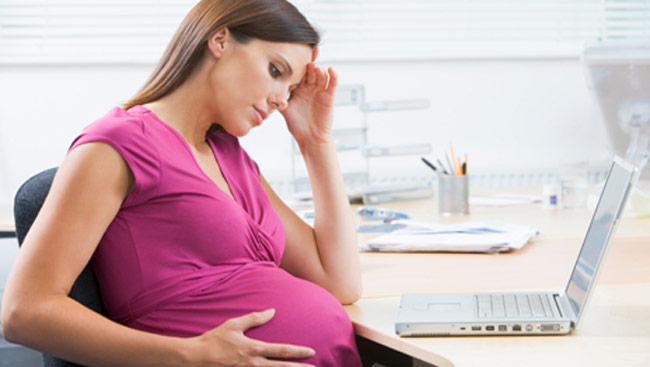Gender-based violence, sexually transmitted infections including HIV, and maternal and neonatal mortality and morbidity all flourish in times of conflict, says a review, suggesting clinicians need to be sensitive and aware of the unique challenges of women's reproductive health needs in such times.
"In an increasingly globalised world, a working knowledge of reproductive health during conflict allows clinicians to approach subjects sensitively with women, building a relationship of trust and understanding, allowing women to gain access to services they need," said Benjamin Black from Medecins Sans Frontieres in Sierra Leone.
Approximately 1.5 billion people are currently living in countries affected by conflict, fragility or large-scale violence.
Women and children account for approximately 75 percent of those displaced by conflict and roughly 20 percent of those displaced are women of reproductive age.
Conflict can negatively impact all aspects of reproductive health, directly through damage to services, gender-based violence and forced displacement of populations and indirectly through reductions in the availability of basic healthcare, the researchers noted.
Further, the loss of access to adequate family planning and basic health services also increases reliance on traditional or harmful methods, including unsafe termination of pregnancy.
Looking at maternal mortality specifically, high rates are frequently encountered in conflict-affected populations -- eight of the 10 countries with the highest maternal mortality ratios have experienced current or recent conflict.
Approximately 15 percent of displaced pregnant women will encounter a potentially life-threatening complication, such as haemorrhage, sepsis, obstructed labour or eclampsia, the review noted.
In the context of conflict and displacement, services are often scarce, resulting in delays in reaching the care required. Furthermore, the poor security conditions, exodus of healthcare providers, lack of transport and loss of facilities result in heightened vulnerability and reduced access to life-saving interventions.
Awareness and recognition by medical staff to these issues may be beneficial to the women's care and aid them in accessing the appropriate services, the authors concluded.
The review appeared in the journal The Obstetrician & Gynaecologist





